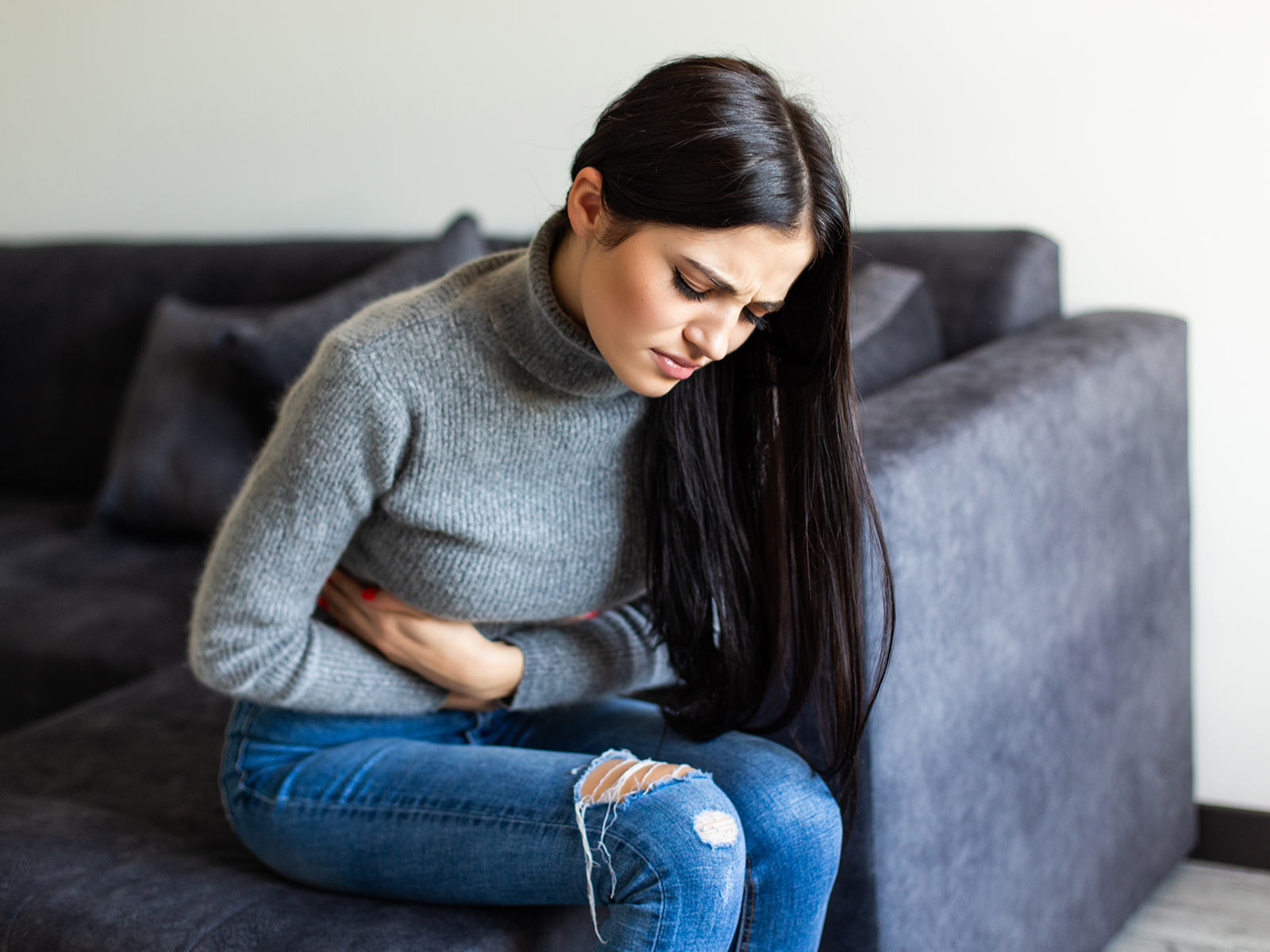
Duodenitis Without Bleeding irritation or inflammation of the first portion of your small intestine, the duodenum. It does not result in any visibleblood loss yet may result in pain and digestive problems. On examination you can have shallow duodenal erosion, or a more profound duodenal ulcer.
Duodenitis may result in: even in the absence of bleeding:
Duodenitis may develop without hemorrhage triggered by several factors:
GastroDoxs offers quality diagnostics and effective treatment of duodenitis without bleeding with a patient-centered care approach and a broad spectrum of solutions related to the digestive health of the patient. Our vision is based on the principles of care directed at the need and compassion toward patients so that you could be relieved in the long run and had a better quality of life.
We've successfully treated more than 922 patients, helping individuals improve their digestive health and overall well-being through expert, personalized care.
With over 20 years of experience, GastroDoxs has been a trusted provider of gastroenterology care, focusing on delivering the best outcomes for patients
Diagnosis It is usually diagnosed by the use of upper endoscopy (to look at the duodenum), biopsy (to test inflammation), and examination of your symptoms and past medical history (excluding other diseases).
Yes. Among the effects of chronic stress are excessive lipid secretion of the stomach and the development of inflammation in the duodenum leading to duodenitis symptoms when not promptly remedied.
You need to restrict or even avoid hot, fried, and foods that are very acidic-like citrus fruits, tomatoes, caffeine containing beverages as they may irritate the duodenal surface and aggravate symptoms.
Through timely treatment, which involves acid reducing, dietary therapy and the use of antibiotics in case of H. pylori, most patients can feel a lot better in 2 to 4 weeks.
Treatment is done with antibiotics in case testing shows an H. pylori infection. Removal of the bacteria assists in the reduction of the inflammation, and results in the speedy healing of the duodenum.
In many cases, endoscopy is required to inform the diagnosis and to determine the path of inflammation severity and to exclude ulcers and other gastrointestinal ailments that can also cause similar symptoms.
Children may develop duodenitis although this is more rare due to H. pylori infection, overuse of NSAIDs, or other irritants to the gastrointestinal tract. It is important to manage pediatric evaluation.
Yes. H2 blockers and Proton pump inhibitors (PPIs) are not usually dangerous provided they are administered under the supervision of a medical practitioner. These drugs decrease the quantity of acid in the stomach, making the duodenum recover.
As a rule, a follow-up visit or endoscopy are recommended 4 to 6 weeks following medication to check whether the inflammation is over and the symptoms have gone.
Yes. Inflammation at the duodenum can become worse over time and result in non-bleeding or bleeding ulcers, absence of which can lead to serious complications, and it is essential to detect the inflammation early and treat it.